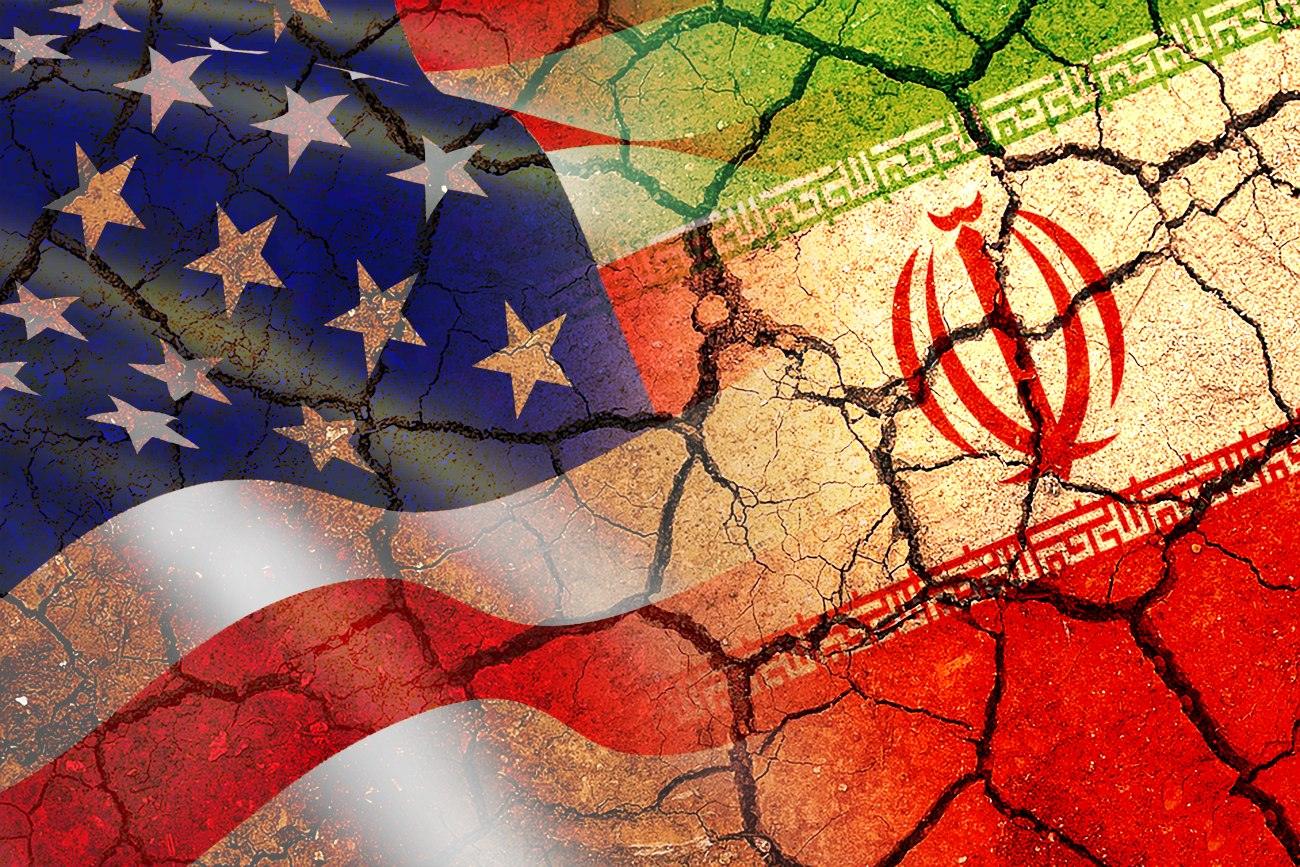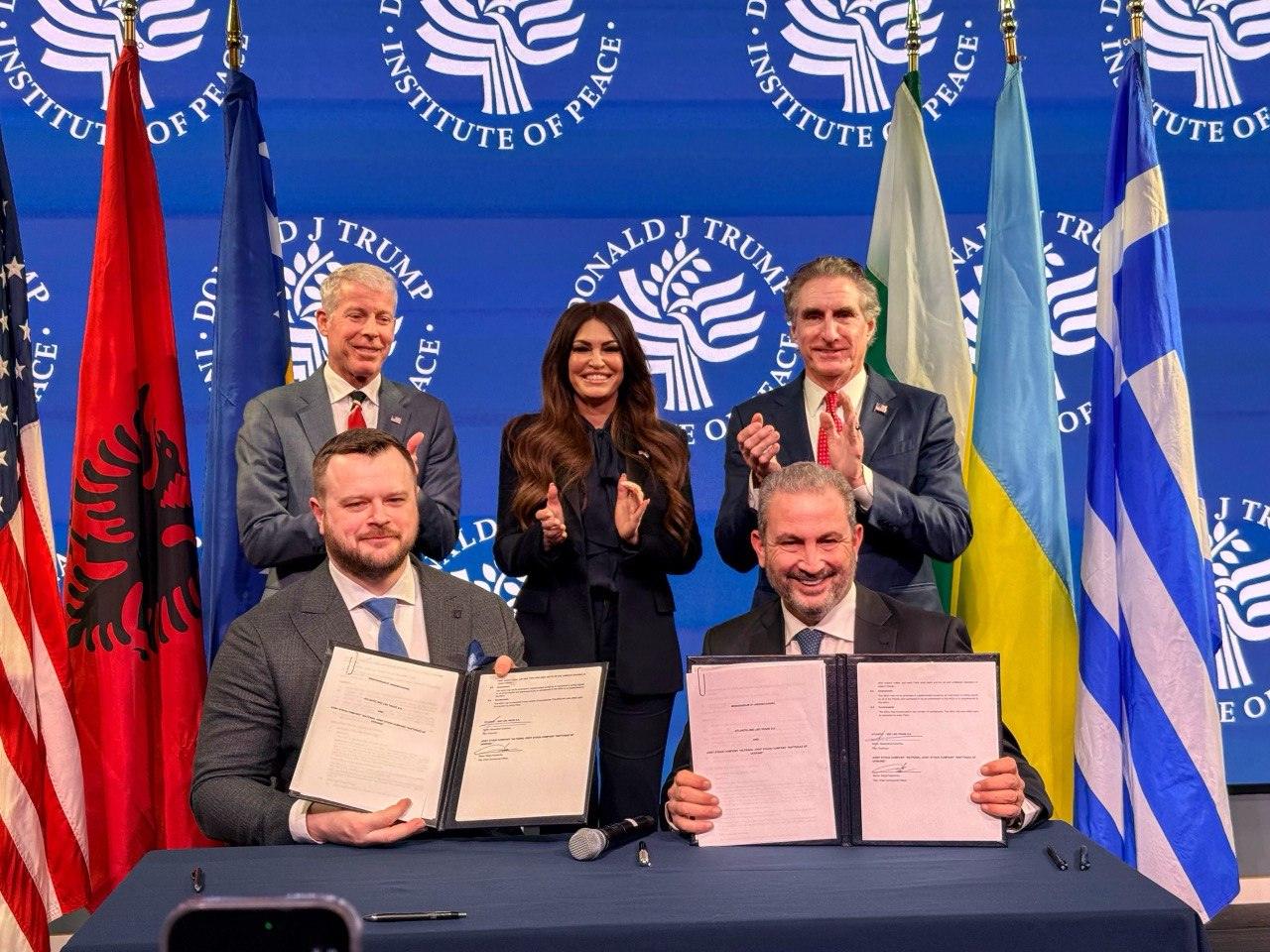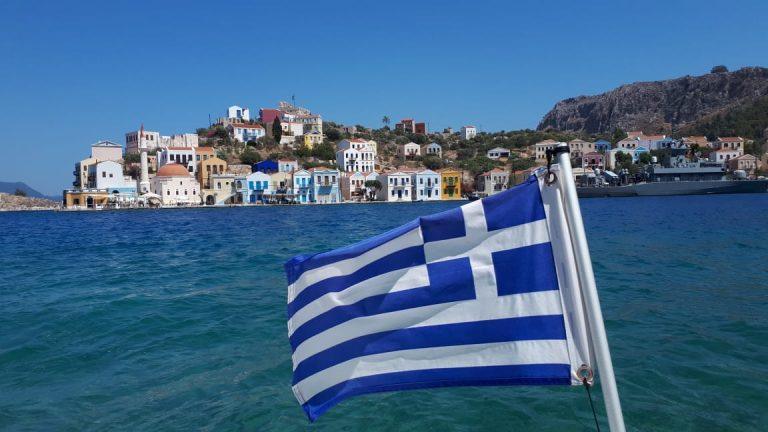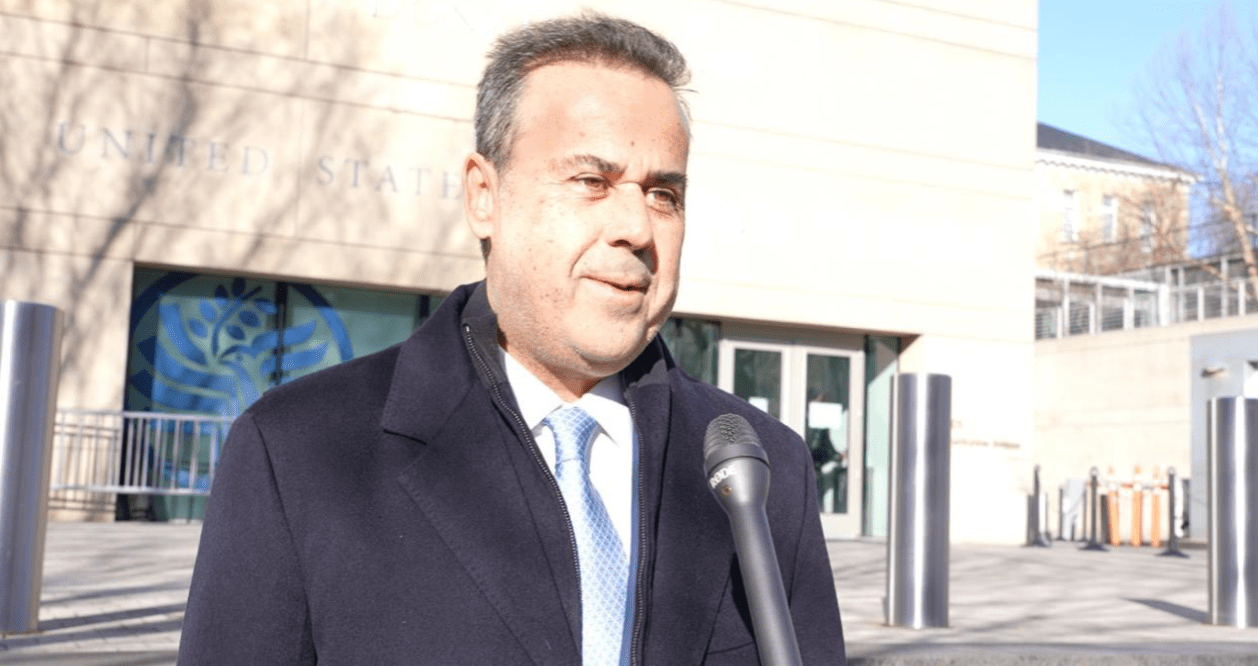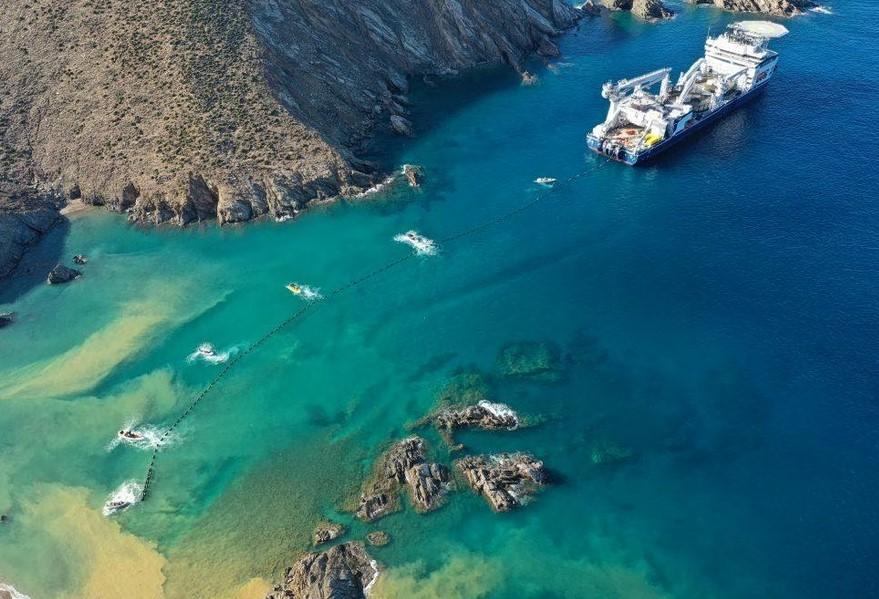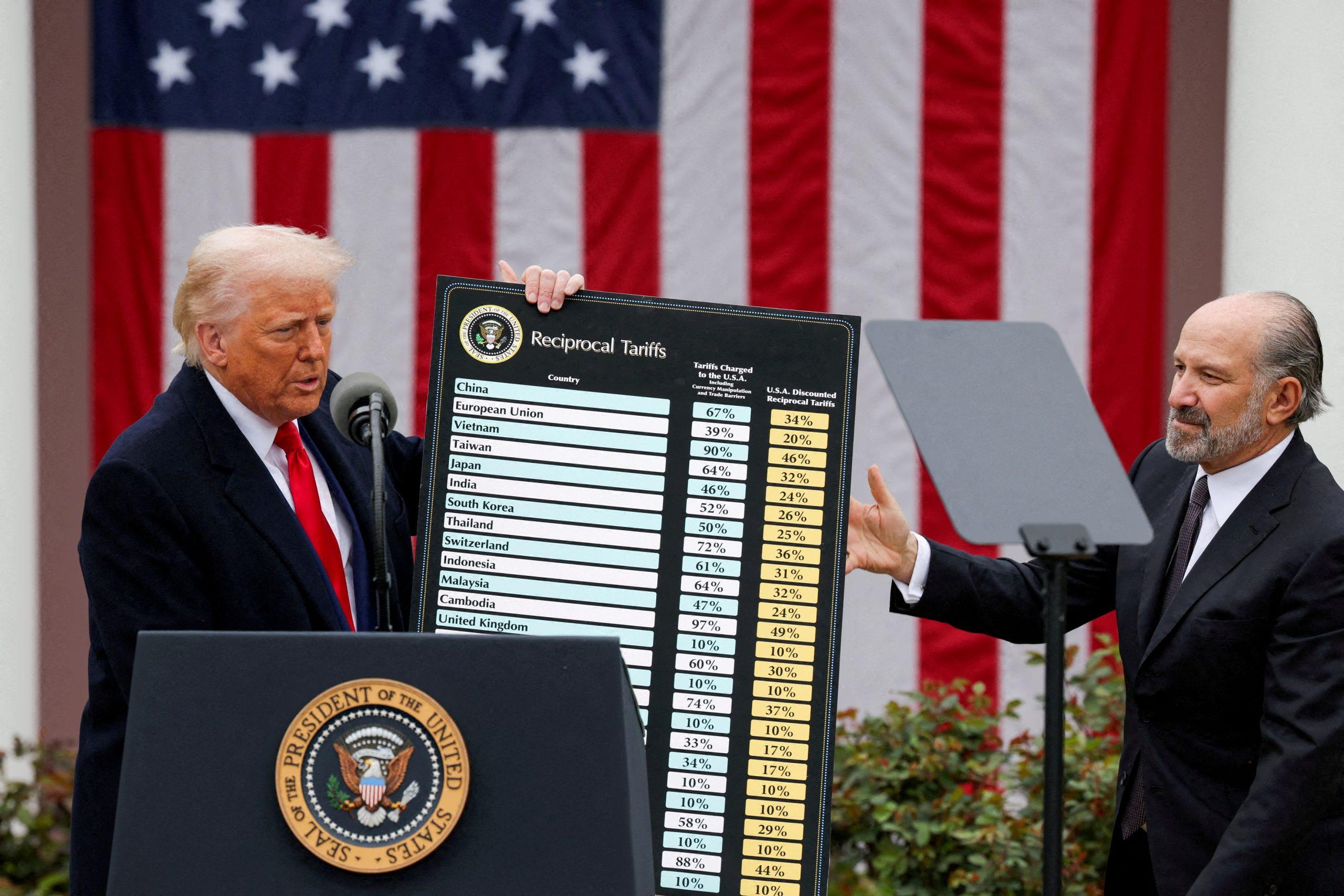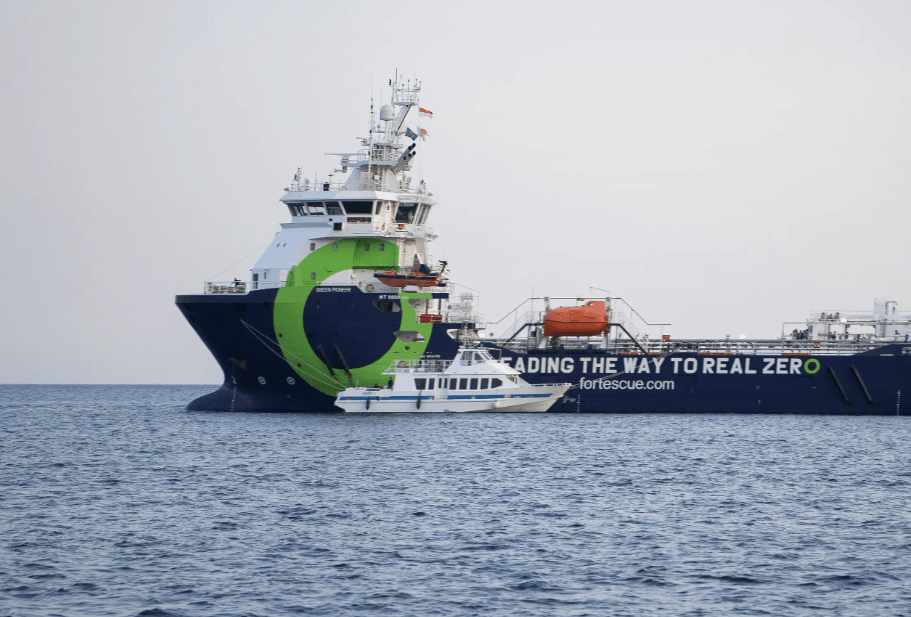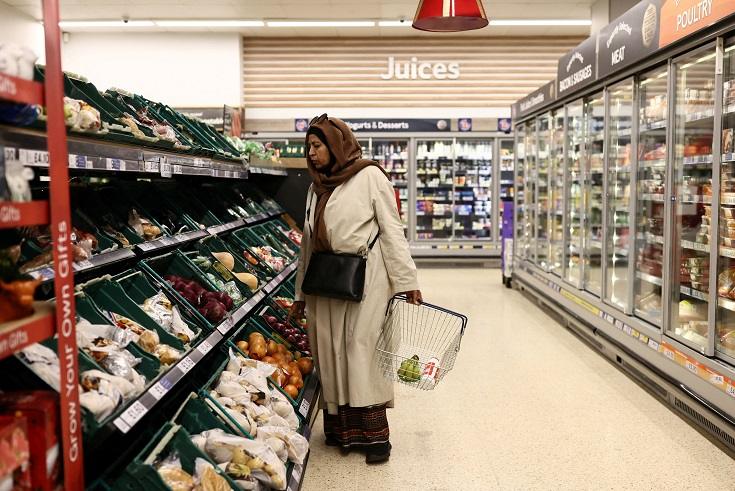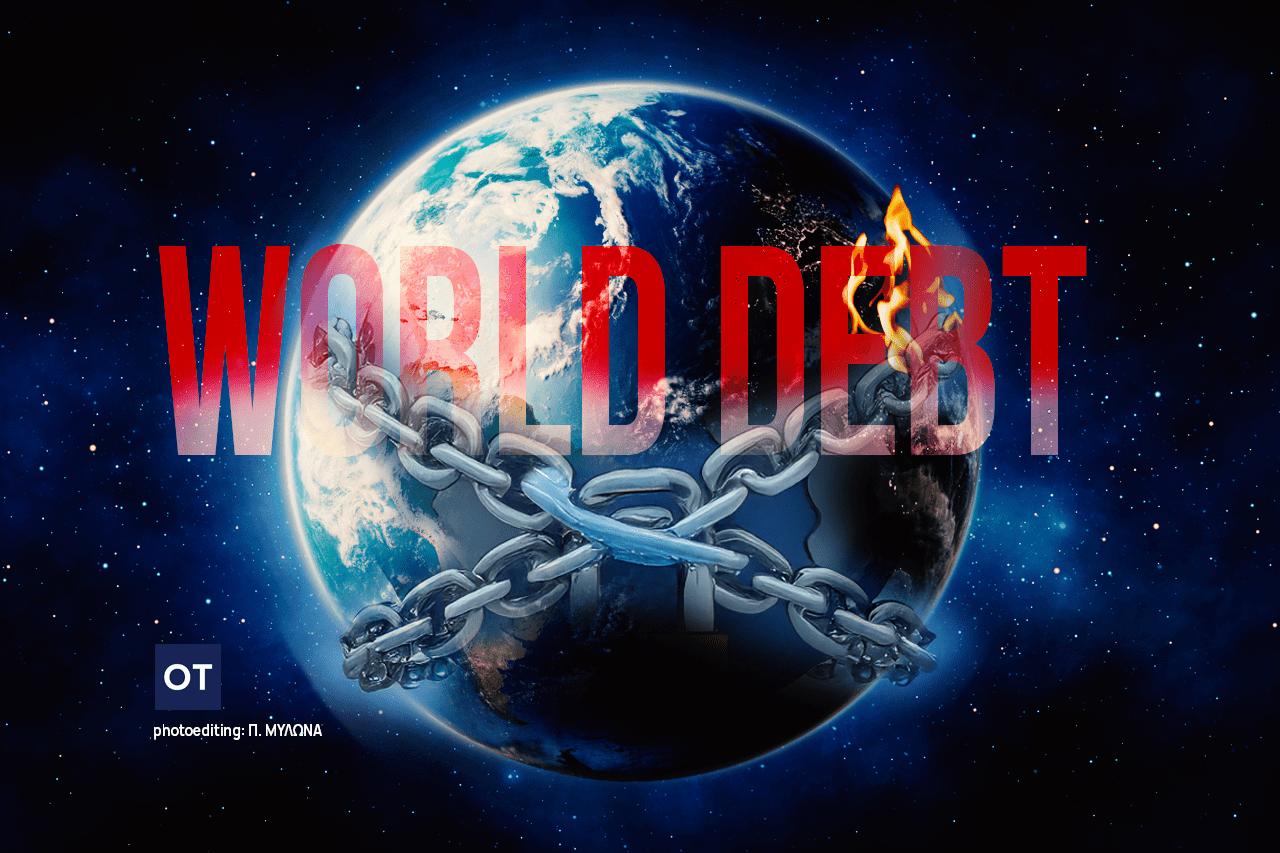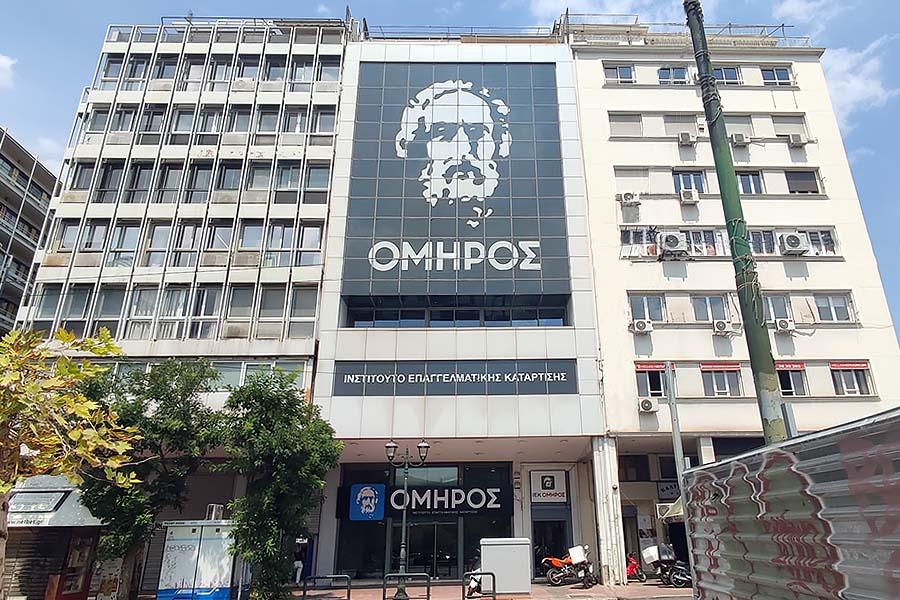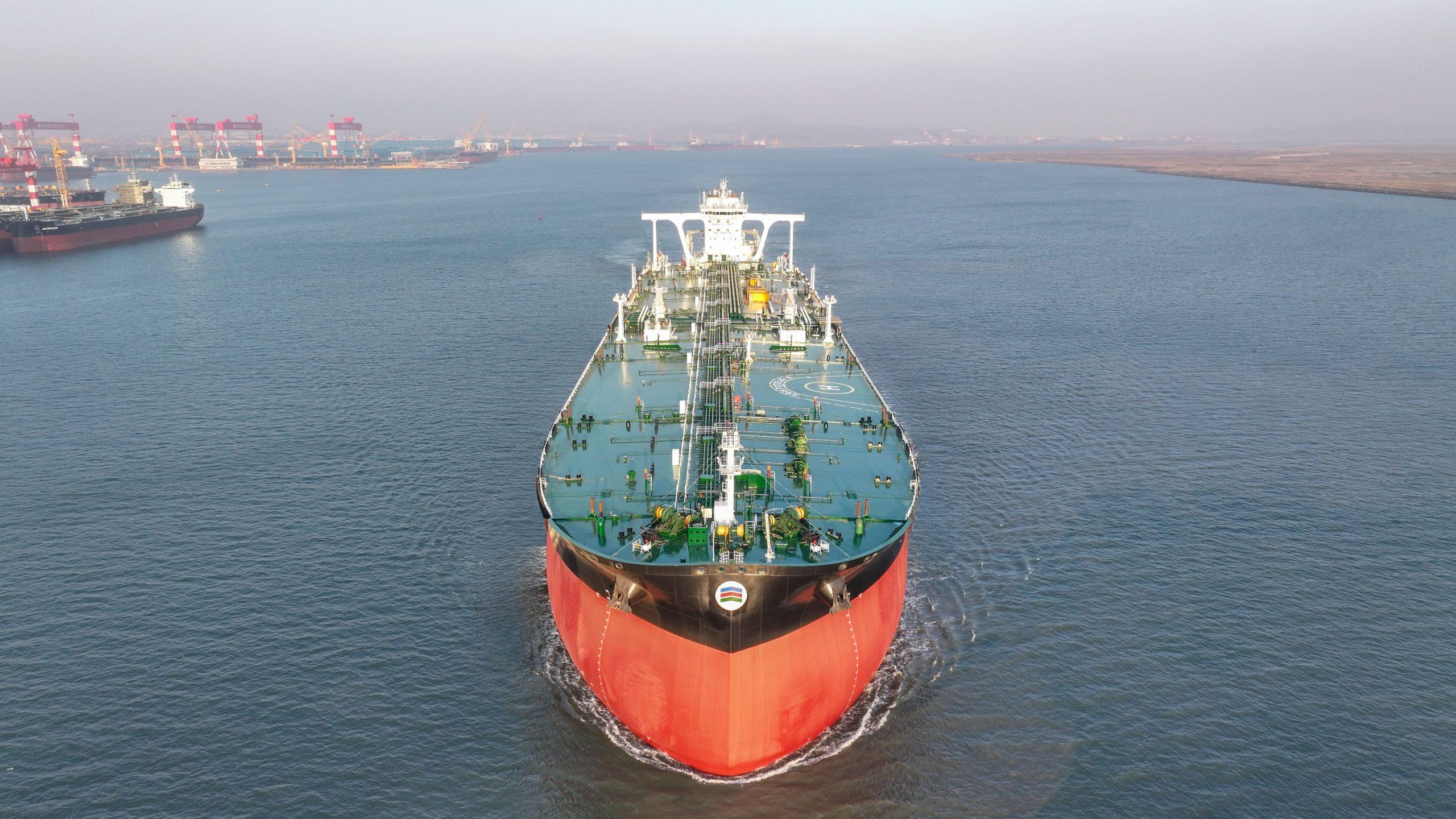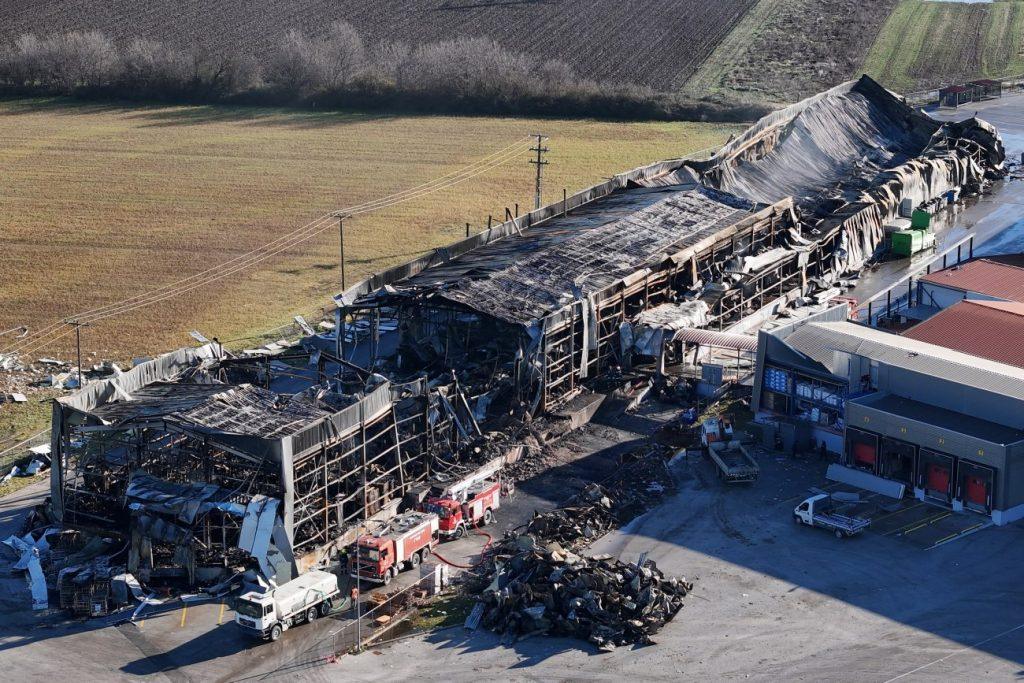“The Greek mining sector has a long history of successful contribution to the development of the country. It has shown resistance to the adverse conditions of the crisis thanks to its comparative advantages, while the international demand environment for mineral raw materials favors its further growth. It is a pillar of development, as it makes a significant contribution to GDP, supports over 90,000 jobs and the gradual transition to a circular economy model.”
This is what the Association of Mining Enterprises points out among other things to representatives of the parties and adds about the sector: “It is a stable investor and according to a relevant study by the Foundation for Economic and Industrial Research (IOBE) he invested, even in the years of the economic crisis and investment apnea, approximately 350-400 million euros per year”.
Powerful results
As stated in the relevant announcement, in recent years the Greek mining industry has recorded significantly better results.
Internationally, there is significant demand for raw materials, at good prices, and the domestic market shows increased consumption of domestic mineral products, in a growth environment.
Specifically:
It had sales of 1.7 billion in the year 2021.
It accounts for 3.1% of GDP.
It produces 70 million tons of marketable products annually.
In productions such as perlite, bentonite, pumice, bauxite, lignite, marble, magnesium products, hundite-hydromagnesite, it is very high in the European and world ranking.
65% of the sector’s total turnover comes from exports.
It directly employs 18,000 people and supports an additional 75,000 jobs.
It is a leading employer, especially in the region.
It is a driver of investments in innovation, research and new projects, with 350-400 million euros per year on average.
The Green Deal
In addition, the announced development strategy of the European Green Deal aims to transform the European Union into a modern and competitive economy, while making it carbon neutral by 2050. The Green Transition requires large quantities of Critical Raw Materials, such as rare earths, as well as strategic metals and minerals such as copper, nickel, aluminum, lead, cobalt, lithium, etc.
The development of the mining and metallurgical industry, in a sustainable way, can cover to a significant extent the new demands. To this, the Greek mining industry and metallurgy, which utilizes Greek raw materials, can make a substantial contribution, since it has an active activity in over 10% of the critical raw materials and metals of the European Union.
What the Association is asking for
In this context, the Association asks the parties, among others, to:
Address the high cost of electricity and fossil fuels.
Update the National Policy for Mineral Raw Materials (RMR) and the action plan for its implementation.
Complete the process of preparing a Special Spatial WPA.
There is more efficient environmental licensing and in a shorter time.
Amended Law 4512/2018.
Amend and supplement Law 4014/2011, particularly on mining waste, the operation of inspections and the licensing of mining projects.
The utilization of Mineral Raw Materials within NATURA areas is treated according to European standards
The Mining Industry can be an example and a driver of development along the way for 15% of the GDP industrial production in Greece and therefore it NEEDS the due priority in creating the appropriate business and regulatory environment.
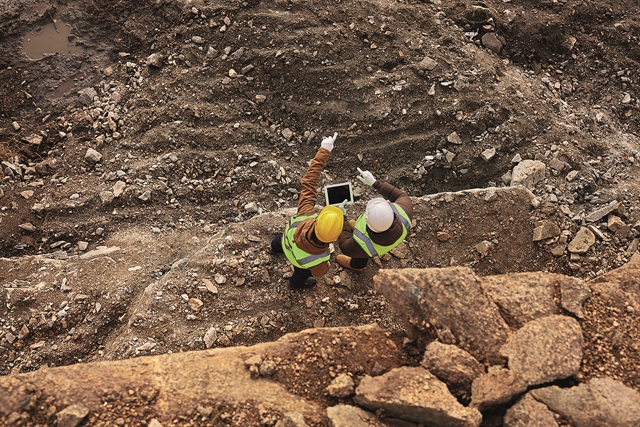

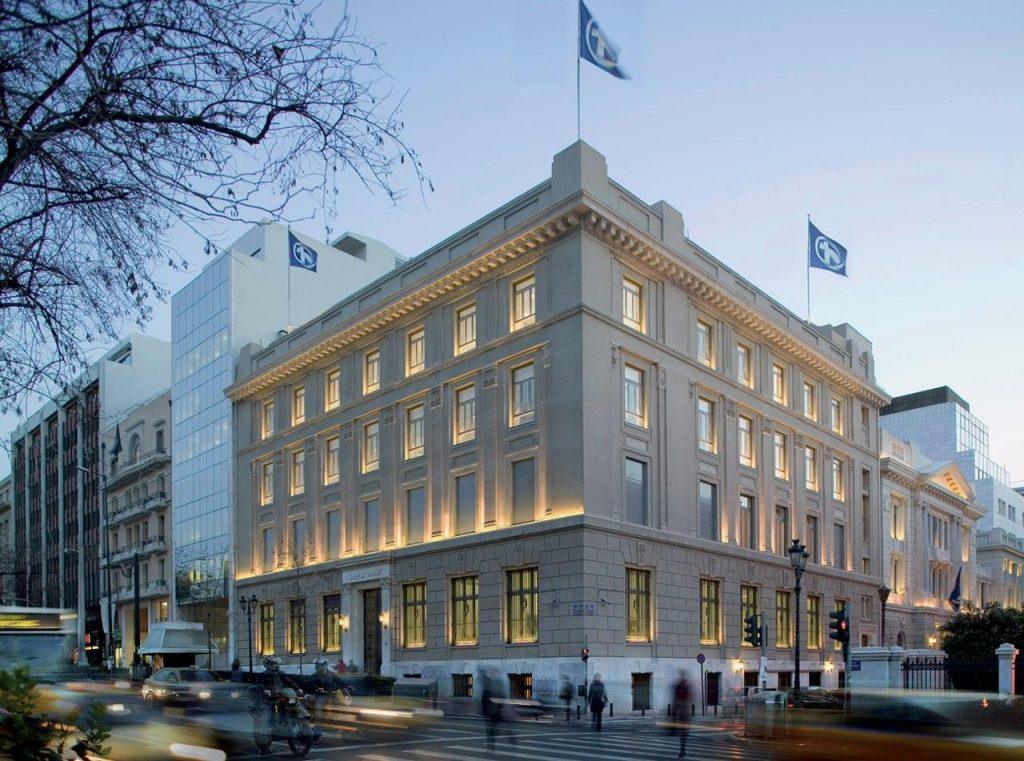
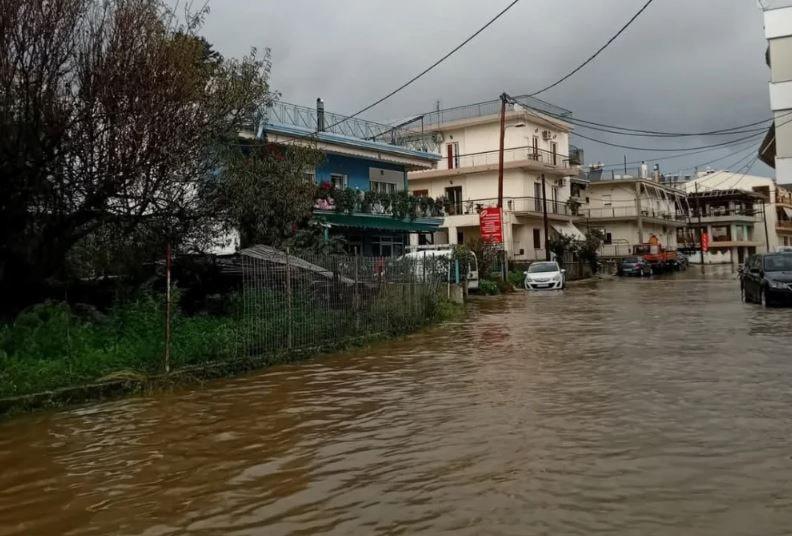



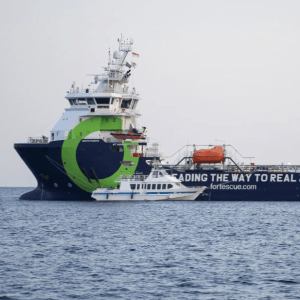



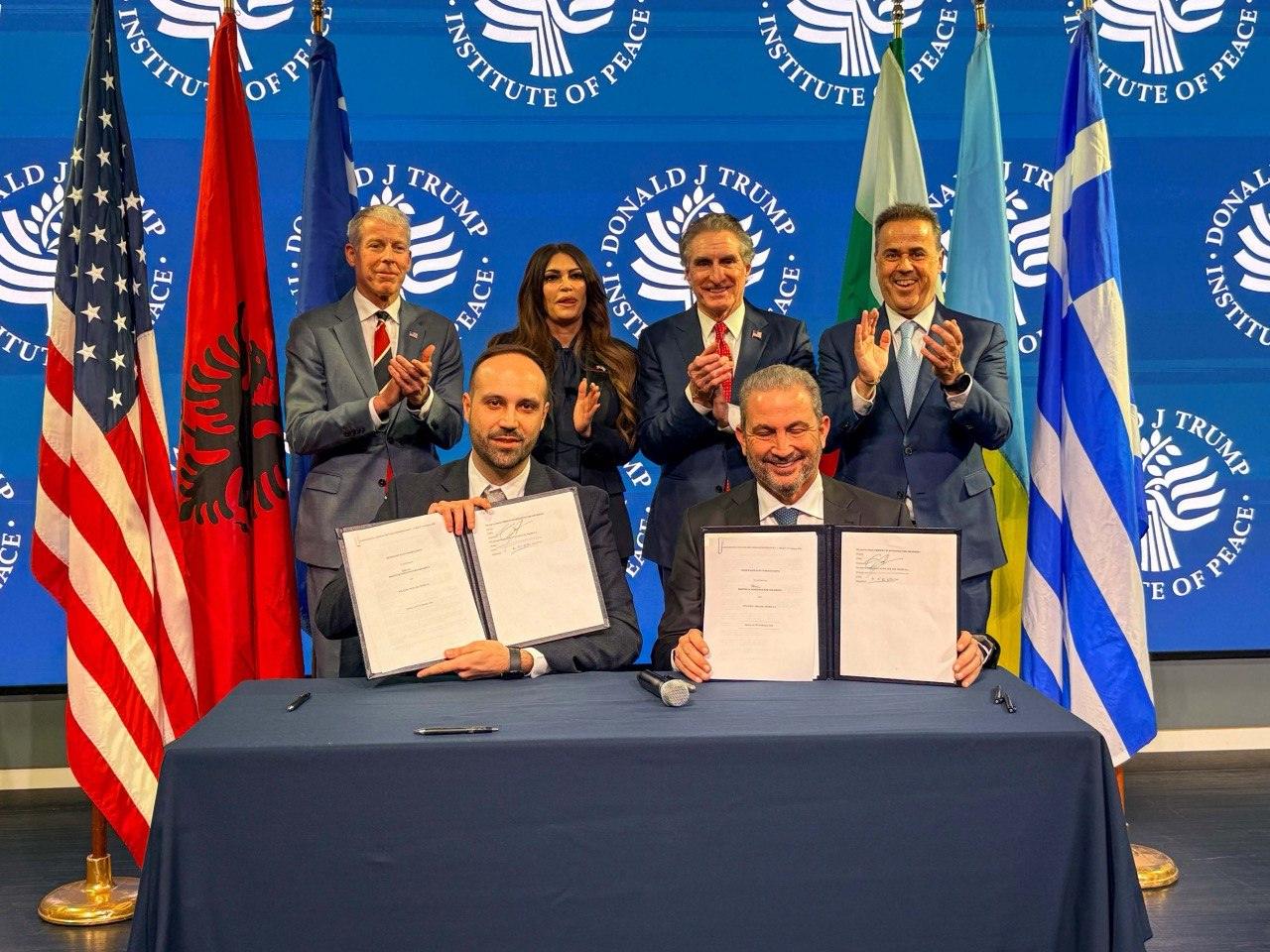
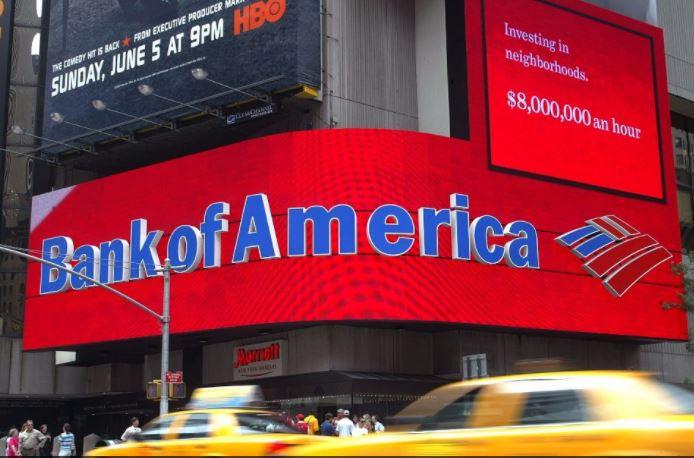

![Ελβετικό φράγκο: Πάνω από 3.000 αιτήσεις για ρύθμιση δανείων [πίνακες]](https://www.ot.gr/wp-content/uploads/2025/09/ot_elvetiko_fragko.jpg)
![Ακίνητα: Σε ποια εξοχικά στρέφονται οι επενδυτές [ πίνακας]](https://www.ot.gr/wp-content/uploads/2026/02/property-scaled.jpg)
